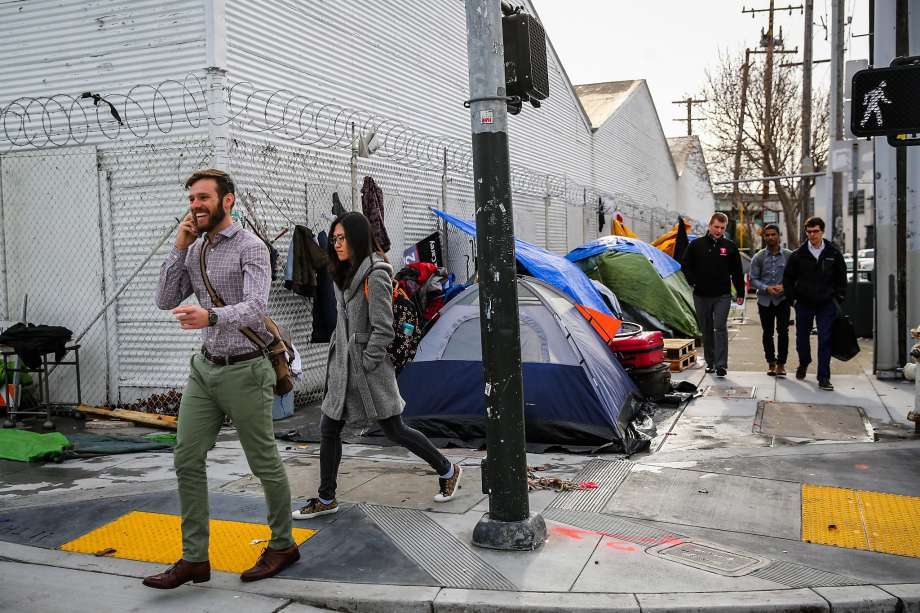In the April issue of the Brooklyn Rail, Max Moorhead reviews Pictures of a Gone City: Tech and the Dark Side of Prosperity in the San Francisco Bay Area by Richard Walker, a professor of geography at UC Berkeley. In the book, Walker traces the historical rise of Silicon Valley and examines how it has changed the class and racial makeup of the San Francisco Bay Area. As Moorhead points out, the book is in part an expression of mourning, as the radical bohemian San Francisco that Walker once knew has been eclipsed by a city of grotesque inequality and empty “innovation.” Here’s an excerpt from the review:
Pictures of a Gone City is divided into three parts, the first of which takes a look behind the facade of wealth and celebrity that tends to obscure some of the technical aspects of how Silicon Valley operates. Walker traces the history of growth that has occurred in San Francisco since the 1980s. While the rest of the country faltered during the recession, the Bay Area continued full throttle into prosperity with growth in personal income exceeding that in Los Angeles, New York, Chicago, and Boston.
Much of the first part of the book, “The Golden Economy,” looks at the development of enterprise forms that are now commonplace: the startup, social networking sites, and web portals. He acknowledges the effect of the Silicon Valley entrepreneur on the larger economy: “The mythology of the plucky tech entrepreneur has diffused around the world, becoming a key element in the capitalist dream world of today.” The unfurling of Silicon Valley capitalism has not only changed the way we interact with the economy, but also formed a whole generation. If people are socialized to be productive human capital within the economy in which they are raised, then millennials were shaped to be productive within the confines of Neoliberalism. It is from this tech-dominated social imaginary that we seek to escape. The internet provides this escape, if only for a few minutes on the subway, or at the office. The escapism the internet offers may feel like connection, but in a time of environmental catastrophe our lives in the virtual world appear more like a disconnection.
Image: A homeless encampment in San Fracisco. Via the San Francisco Chronicle.
